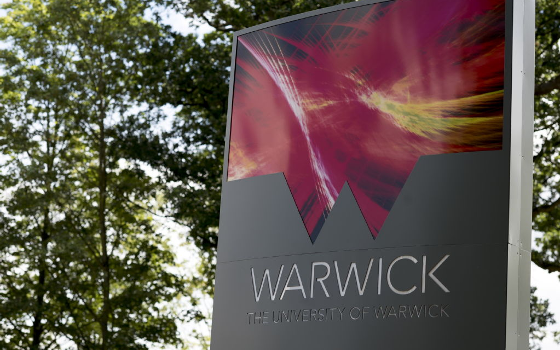Research and Development News
A Miniature Robot that could Check Colons for Early Signs of Disease
From One Brain Scan, more Information for Medical Artificial Intelligence
Your Circle of Friends, not Your Fitbit, is more Predictive of Your Health
Cognitive Behavioral Therapy Delivered by Telemedicine is Effective for Insomnia
People with Mobility Issues Set to Benefit from Wearable Devices
WMG and Birmingham Hospitals Launch New Degree for New NHS Role

More eHealth News ...
Latest Business News
- AXREM and Highland Extend Partnership to Drive Growth and Visibility for the UK's Diagnostic Health Tech Sector
- Yousif's Story with Sectra and The King's Trust
- Highland to Help Companies Seize 'New Era' in Health Tech Growth
- Dartford and Gravesham Implements Clinisys ICE for Radiology and Pathology Orders
- Alcidion Grows Top Talent in the UK, with New MD, CCIO and CRO Appointments
Latest Research News
Latest Conferences News
- Visionary Healthcare Ideas Wanted: Applications Now Open for the DMEA Sparks Award 2026
- Start-ups in the Spotlight at MEDICA 2025: Innovative Strength Meets Global Visibility
- DMEA 2025 Ends with Record Attendance and a Boost for Innovations in Digital Health Care
- DMEA 2025: Digital Health Worldwide in Berlin
- DMEA sparks: The Future of Digital Health Starts Here
Latest Jobs
- Growth Manager Europe
- Healthcare Delivery / Implementation Manager (Germany)
- Full Professor of Ambient Assisted Living & Medical Assistance Systems
- (Senior) Project Lead Digital Transformation Consulting
- Global Product Manager - Digital Services for Healthcare
- Marcomms / PR Account / PR Account Manager - Healthcare & Technology
- ECG Data & AI Principal Scientist Director